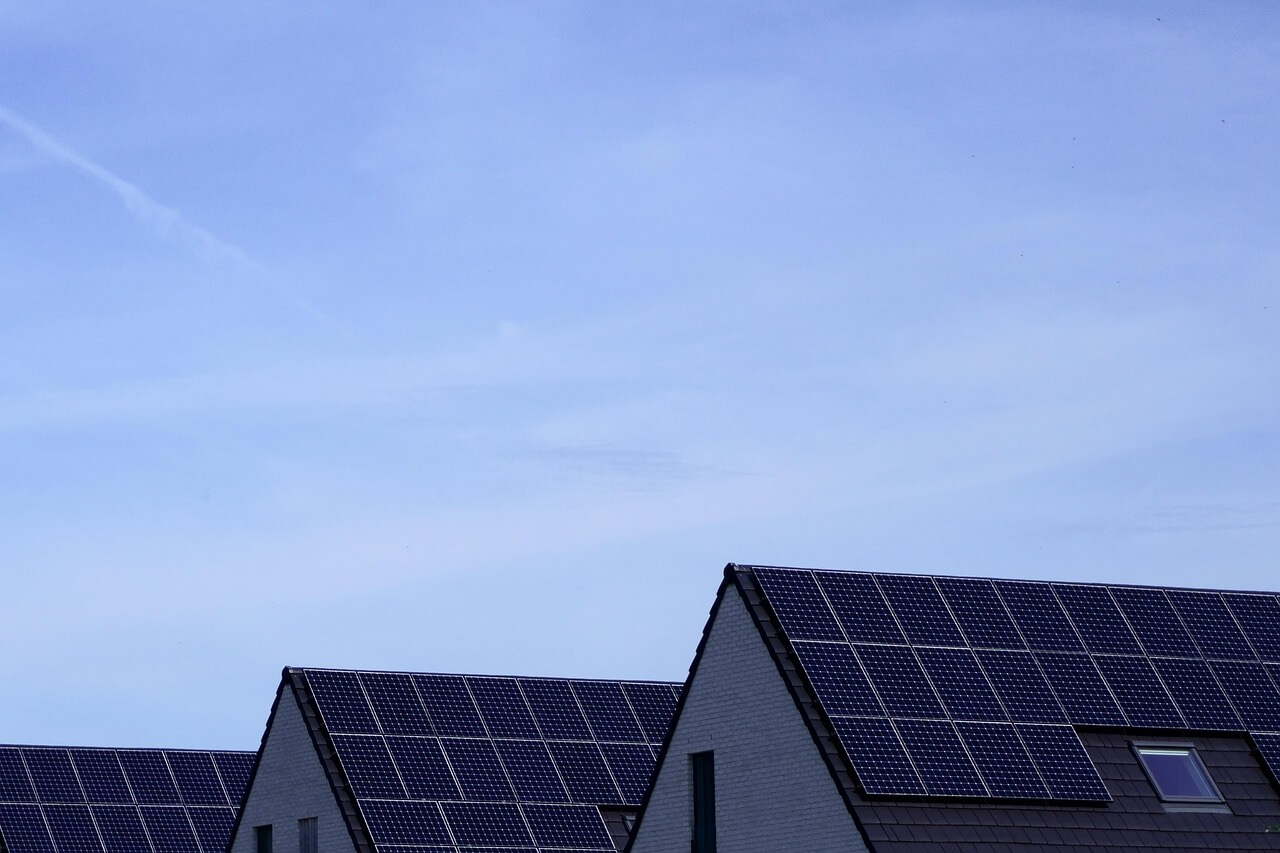Although only a few weeks remain in Biden's term, the Biden administration appears to be continuously advancing new plans.
According to sources, senior officials in the Biden administration are considering waiving tariffs on solar equipment imported from Mexico, though no final decision has been made. This decision could benefit a PV company with Chinese ownership.
Will US PV Tariffs Change?
For a long time, the US PV deployment has heavily relied on inexpensive foreign-manufactured equipment. As a result, the US government has been striving to foster domestic clean energy manufacturing while avoiding disruptions to local PV power generation deployment, making tariffs on PV modules a contentious issue.
In early 2018, then-President Trump imposed tariffs on imported crystalline silicon solar cells and modules. These tariffs were later extended by Biden until February 6, 2026, with the tariff rate for most of next year set at 14% for solar cells and modules.
Although the US exempted Canadian PV products from tariffs two years ago, it did not extend the same exemption to Mexico, as the US government believed that domestic solar manufacturers would suffer significant harm from Mexican exports.
The changes currently under consideration by Biden could effectively reverse the status quo, potentially increasing solar product imports to the US and giving an advantage to Maxeon, a leading PV module supplier in Mexico.
Data shows that the company’s factory in Mexico can produce 2.5 GW of modules annually, accounting for approximately 93% of the country’s total capacity. The majority stake in the company is held by China’s TCL Zhonghuan New Energy Technology Co., Ltd. (002129.SZ).
The Company Is Considering Focusing on the US Market
The tariff exemption could give Maxeon’s panels produced in Mexico an edge in the US. However, this does not address other challenges the company faces, including the sluggish US solar market.
In November last year, the company announced a comprehensive restructuring plan to focus on the US market and divest other businesses.
Maxeon stated that it plans to establish a module assembly plant in Albuquerque, New Mexico, although the planned capacity has been reduced from the 3 GW initially announced in August 2023.
The company now indicates that a 2 GW capacity plant under construction locally is expected to begin production in early 2026, a year later than originally envisioned.
The project has already received support from New Mexico Democrats, including Senator Martin Heinrich, who will become the Democratic leader of the House Energy and Natural Resources Committee next year.
Will Trump’s Presidency Overturn Everything?
However, even if Biden waives tariffs on solar equipment manufactured in Mexico, the policy’s sustainability remains uncertain given the upcoming US presidential transition.
President-elect Trump has already threatened to impose a 25% tariff on Canada and Mexico once in office, aiming to combat illegal immigration and fentanyl trafficking.
Currently, some US manufacturers heavily reliant on imported PV modules have lobbied the government to increase tariff-free quotas for PV modules next year.
They argue that while the US expands domestic battery production capacity, maintaining high tariffs would negatively impact US panel manufacturers dependent on foreign supplies.

![[SMM PV News] Armenia Hits 1.1 GW Solar Capacity,](https://imgqn.smm.cn/usercenter/qQwIB20251217171741.jpg)
![Spot Market and Domestic Inventory Brief Review (February 5, 2026) [SMM Silver Market Weekly Review]](https://imgqn.smm.cn/usercenter/tSwaX20251217171735.jpg)
